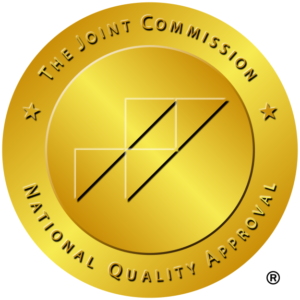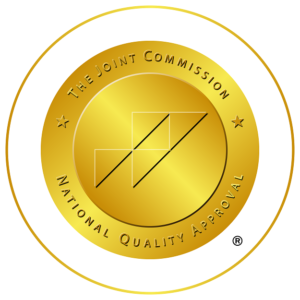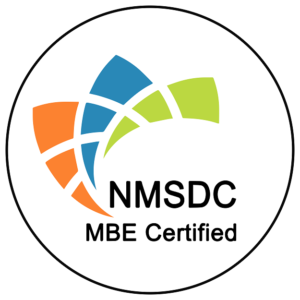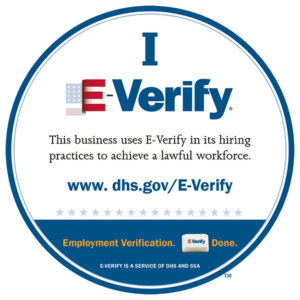How To Describe Your Experience With Examples During a Job Interview
There’s just one thing an interviewer wants to know when you walk into a job interview: What can you do for us? The best way to answer the question is to include examples of what you did for past employers. When you offer examples of the good work you’ve done in the past, an interviewer is inspired and you will stand out from the crowd. Providing good examples always follows an established concept of successful communication: Demonstrate, Don’t Say.
It just isn’t really persuasive to say you have good communication skills. However, if you can provide an example of a time when your communication skills were saving money or helping to complete a project, it gives a positive indicator of strong communication skills.
If you’re trying to provide good examples of your work interview skills, you should consider following a few simple guidelines. Remember what follows.
Pick out the times when you provided the most value to your employer
A great way to start when trying to come up with good stories for an interview is by analyzing your most impressive outcomes. Look back over the course of your career, and seek to pick the occasions when you gave your boss the most interest. Have you come up with the process change that has saved countless man-hours? Have you fixed a nagging problem that had cost your company a lot of money?
Once you’ve come up with a list of your best performance, your stories for interviews start writing themselves.
Say hard numbers
Strong numbers will help you take your point around. Just saying you’ve identified cost savings that have saved thousands of dollars isn’t as effective as saying you’ve identified $15,000 a month in cost-saving process improvements.
Talk about your thought process
While it can make you a standout candidate by providing impressive examples backed by hard numbers, talking about your thinking process helps make a more well-rounded example. So, if you’re telling your interviewer about process improvements that you’ve implemented in the past, it’s helpful to mention how you’ve come up with those improvements, where you’ve noticed deficiencies or anything else involved, and the process of making them.
Showing your work lets an interviewer learn more about your thinking processes and who you are as an individual. This will allow you to develop a deeper, more intimate link and as a fully developed candidate to come across.
Talk About a Time You Made a Mistake
You may very well ask your interviewer about a mistake you made on the job. When asked, this is the date of your recount. Nearly all work-related errors can work in favor of a candidate as long as they can move in a positive direction beyond it. So take the shameful slip-up and build it into a fast story the details your mistake, how you took responsibility for your actions, and what you learned from the experience.

